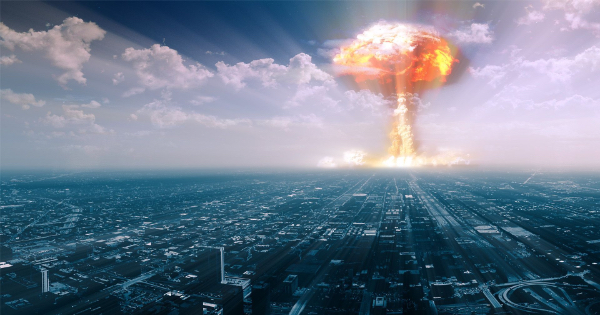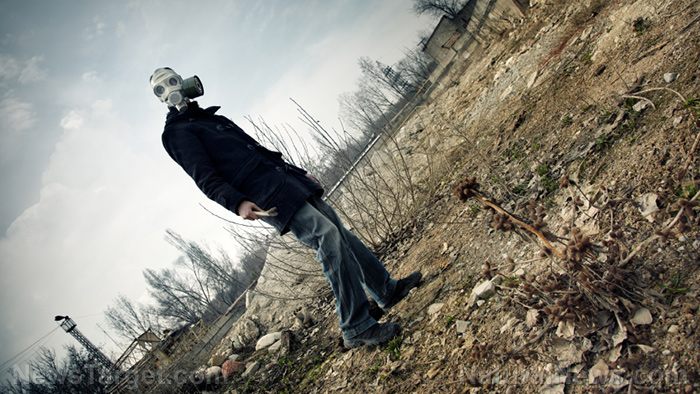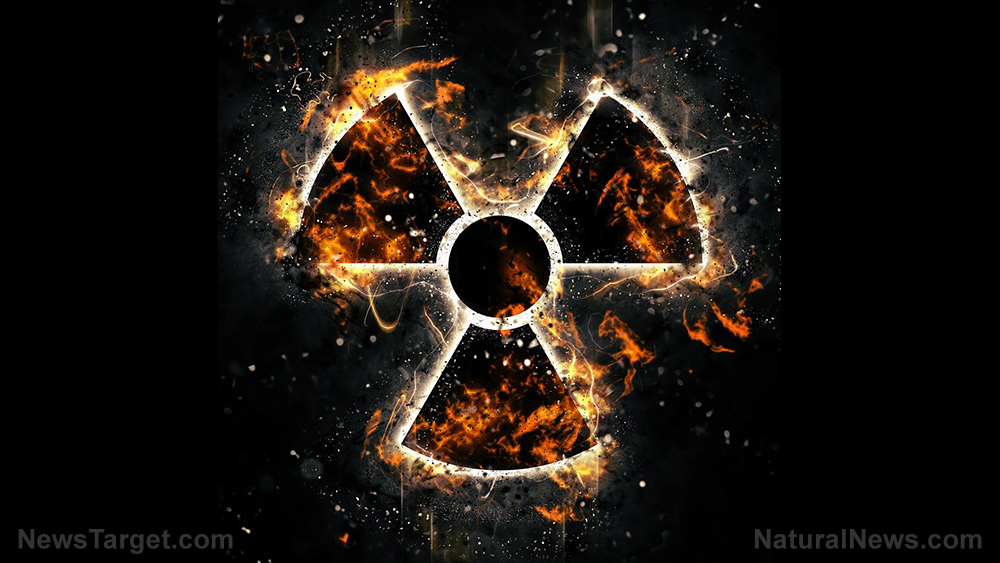
Advertisement
Niigata City is the capital of the Niigata Prefecture, Japan. It is located on the island’s west coast adjacent to the Sea of Japan. Depending on the route taken, Niigata is a mere three to four hour drive across the island to the east coast town of Namie and other cities that remain desolate, abandoned and set apart inside a nuclear exclusion zone, the result of the devastating 2011 earthquake, tsunami and Fukushima disaster.
Niigata City is well known for it four seasons, rugged mountains, clean water and 90 sake breweries. Niigata is also gaining notoriety for taking a strong stance against the reopening of a nuclear power plant in its own back yard. As reported by The Guardian, a staunch anti-nuclear candidate named Ryuichi Yoneyama recently won the Governor’s race.
Yoneyama is a physician and a lawyer who had never before held any political office, although he has run four times before. This election was dominated with concerns about restarting the Kashiwazaki-Kariwa power station, a nuclear power plant in the Niigata Prefecture known as the “world’s biggest atomic power station.”
This mammoth station contains seven reactors and has a capacity of eight gigawatts. After the Fukushima meltdown, it was “brought low.” This election was looked upon as a referendum on nuclear safety as well as the pro-nuclear policies by Prime Minister Shinto Abe and Yoneyama’s opponent Tamio Mori.
Mr. Yoneyama, the newly elected Governor, felt that restarting the power station would put the lives of the citizens at risk. He made this the key component of his platform. He has had experience as a radiological researcher, which causes him to have no confidence in Tokyo’s Electric Power company’s (TEPCO) ability to prevent thyroid cancer in Niigata’s children. After winning, he reemphasized his stance to his supporters:
“I declare clearly that I can’t approve of a restart.”
Currently, there are 42 nuclear reactors in Japan, yet only two are in service. The Kashiwazaki-Kariwa power station had problems prior to 2011’s disaster across the island. There was a fire in 2007 in Niigata which resulted in radiation leaks. With Yoneyama’s victory, the world’s “biggest atomic power station” could be shuttered for good.
According to the Physicians for Social Responsibility, there are “23 nuclear reactors with the same design as Fukushima” in the United States. These reactors contain much more spent fuel than in Fukushima’s building 4. They strongly urge that it is “past time” to shut these reactors down.
Sources:
Submit a correction >>
This article may contain statements that reflect the opinion of the author
Advertisement
Advertisements















